Publications
Articles, publications, books, tools and multimedia features from the U.S. Institute of Peace provide the latest news, analysis, research findings, practitioner guides and reports, all related to the conflict zones and issues that are at the center of the Institute’s work to prevent and reduce violent conflict.

Sarhang Hamasaeed on the Anniversary of Iraq’s Protests
A year after Iraqis took to the street, USIP’s Sarhang Hamasaeed says, “The spirits of the protest remain strong,” but that reforms undertaken so far don’t match the scale of the crises facing Iraq: “

Kathleen Kuehnast on the 20th Anniversary of UN Resolution 1325
Two decades after the passage of the landmark resolution on women, peace and security, USIP’s Kathleen Kuehnast points to the 86 countries that have taken action to address the unique experience of women in conflict as proof of progress, but says that getting women more involved in peace processes is “a long game … it is difficult to find room for women at any table.”
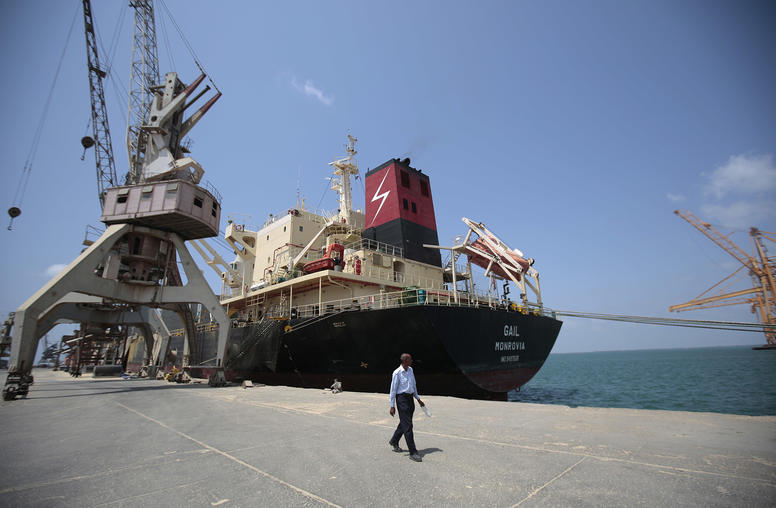
Final Report and Recommendations of the Senior Study Group on Peace and Security in the Red Sea Arena
Between May 2019 and September 2020, the United States Institute of Peace convened a bipartisan senior study group to consider the factors that have reshaped the Red Sea arena. The study group determined that, in recent years, the geopolitical and geo-economic dynamics of the Horn of Africa have become tied to the Middle East and broader Indian Ocean in a manner unprecedented in the last century. However, U.S. strategy in this evolving environment has struggled to keep pace with these interconnected, complex, and transregional dynamics and to account for the region’s increased relevance to U.S. interests. The final report of the senior study group defines U.S. interests within a hierarchy of priorities to assist policymakers in calibrating diplomatic, development, humanitarian, and security interventions and provides recommendations for defending and advancing these interests.
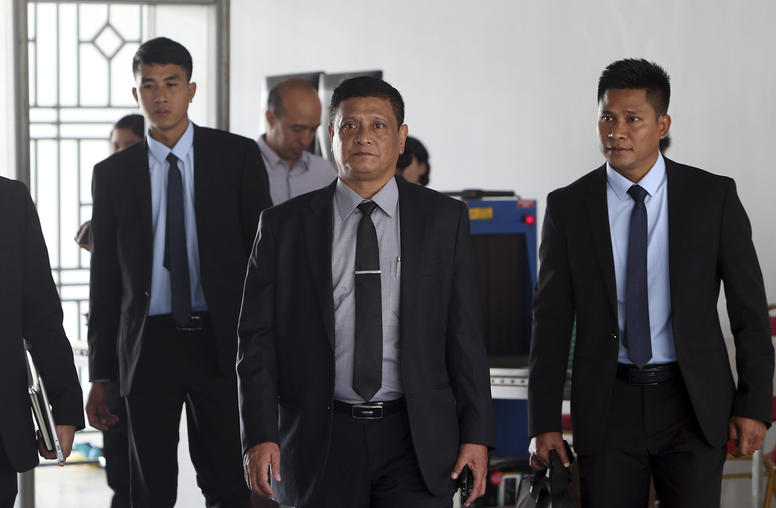
The Arakan Army in Myanmar: Deadly Conflict Rises in Rakhine State
Armed conflict in Myanmar’s Rakhine State between the Arakan Army and the Tatmadaw, the national army, has escalated sharply in the past two years. This development has been largely eclipsed, however, by the continuing international focus on the human rights crisis of the Rohingya Muslim minority. As this report explains, if this new conflict continues to expand in scope and ferocity, the hope of repatriating Rohingya refugees will recede into the future and the rest of the country will suffer from the increasing violence and destabilization.
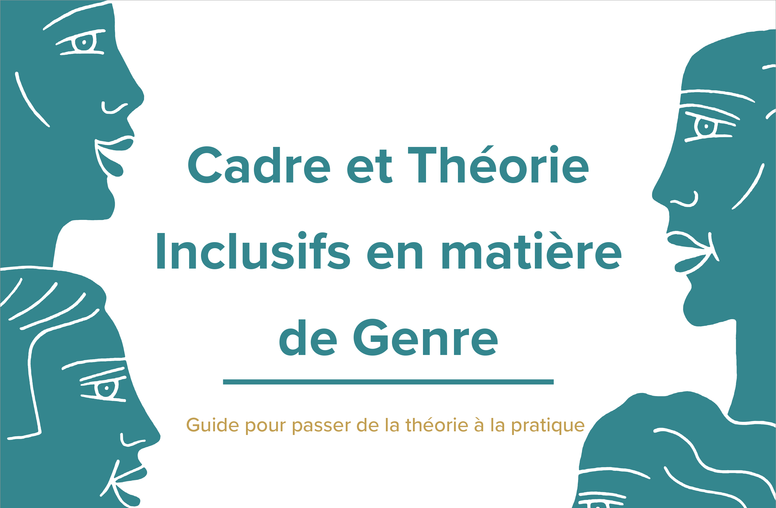
Gender Inclusive Framework and Theory (French)
Le guide du Cadre et de la Théorie Inclusifs en matière de Genre (CTIG) est un outil accessible et complet qui facilite l’intégration de l’analyse de la question du genre dans la conception d’un projet. Dans la mesure où le travail de consolidation de la paix dépend du contexte, le CTIG propose trois approches relatives à l’analyse de genre : l’approche femmes, paix et sécurité ; l’approche des masculinités pacifiques ; et l’approche des identités croisées, qui éclairent chacune la dynamique de genre dans un environnement donné pour mieux façonner les projets de consolidation de la paix.
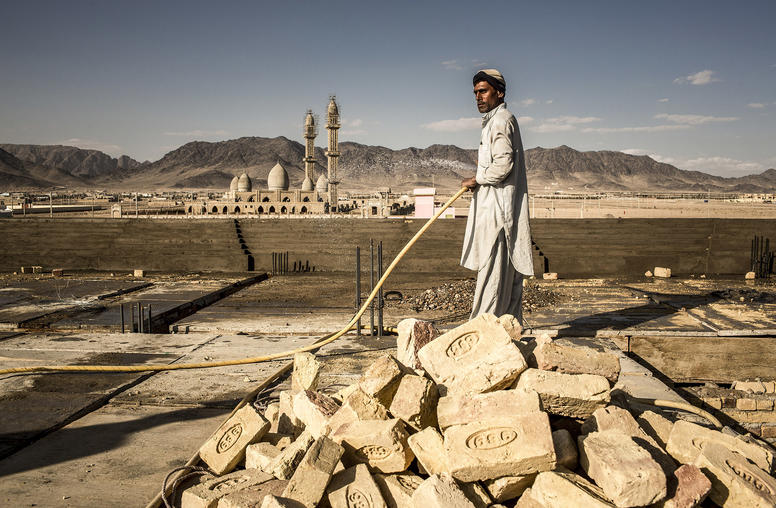
Pathways for Post-Peace Development in Afghanistan
Even if the warring parties in Afghanistan manage to secure a still-elusive agreement on resolving the current conflict, significant economic challenges remain for the country, which will require continued assistance and support for core government functions. This report, based on an examination of Afghanistan’s recent development performance, provides a framework for how the Afghan government and its donor partners can more effectively deliver equitable development going forward.

Keith Mines on the Future of U.S. Latin America Policy
Intense polarization in Bolivia, Venezuela, and Colombia will present Washington with significant challenges in the years ahead. But USIP’s Keith Mines says, for the most part, leaders in those countries “are looking for a way forward … there’s a more realistic framework of coexistence that’s emerging.”
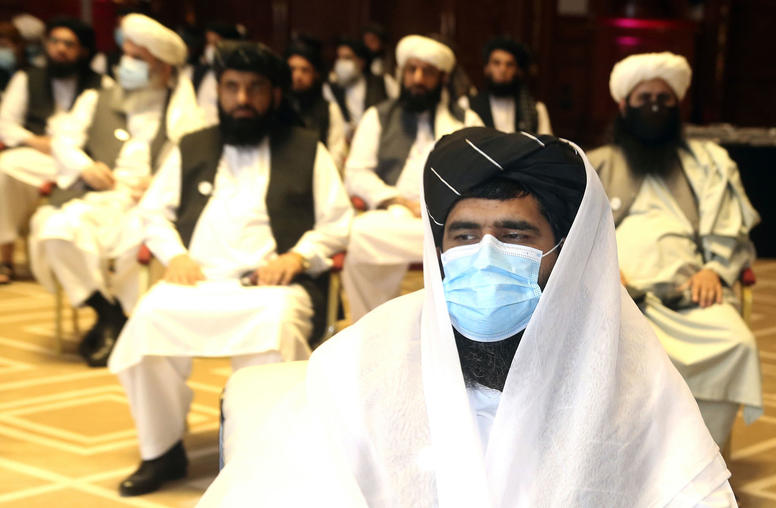
Constitutional Issues in the Afghan Peace Negotiations: Process and Substance
The peace negotiations between the Islamic Republic of Afghanistan and the Taliban that began in September in Doha, Qatar, will almost certainly include revisiting the country’s constitution. Both sides claim to abide by Islamic law, but they interpret it in very different ways. This report examines some of the constitutional issues that divide the two sides, placing them within the context of decades of turmoil in Afghanistan and suggesting ideas for how the peace process might begin to resolve them.
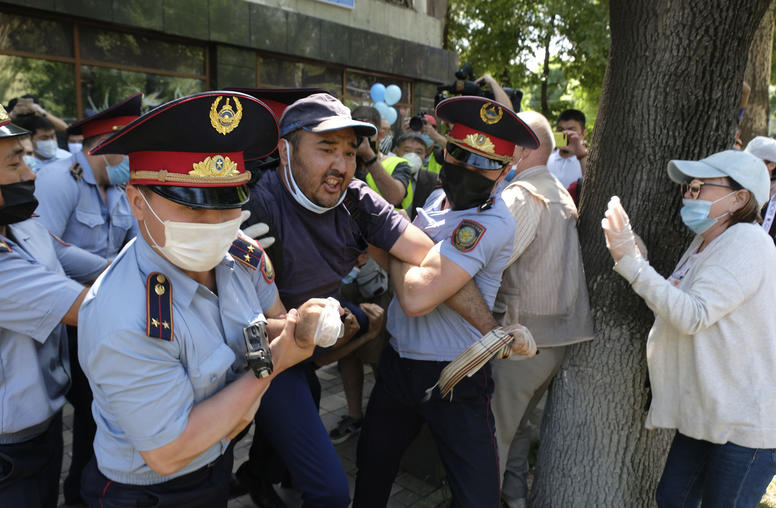
Looking for Trouble: Sources of Violent Conflict in Central Asia
This report offers a road map for understanding the most likely sources of violent conflict in the post-Soviet nations of Central Asia—ethno-nationalism and nativism, Islam and secularism, water resources and climate change, and labor migration and economic conflict. The analysis draws from emerging trends in the region and identifies the ways in which Central Asia’s geography and cultural place in the world interact with those trends. It suggests that the policy goals of the United States, Russia, and China in the region may be more compatible than is often assumed.

Susan Stigant on Ethiopia’s Escalating Civil Conflict
As rising violence in Ethiopia threatens to pull neighboring Eritrea into the fray, USIP’s Susan Stigant says, “There is a real need for some external, independent investigator to help diffuse some of that escalation” and look into disturbing reports of human rights violations stemming from the conflict.